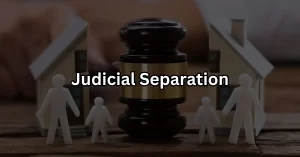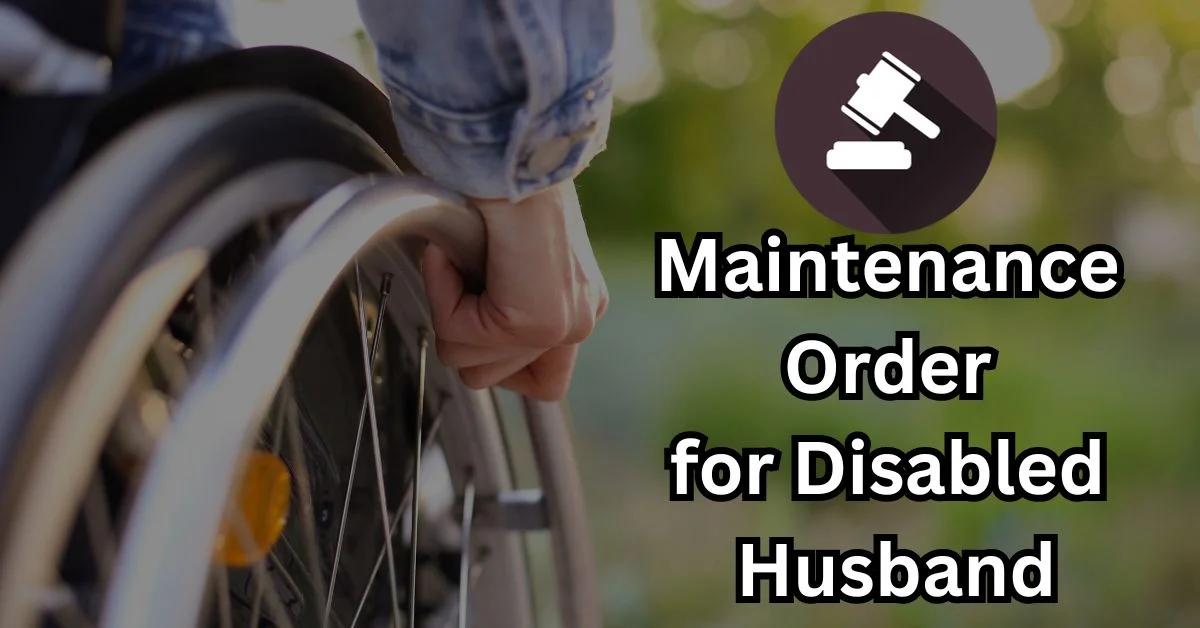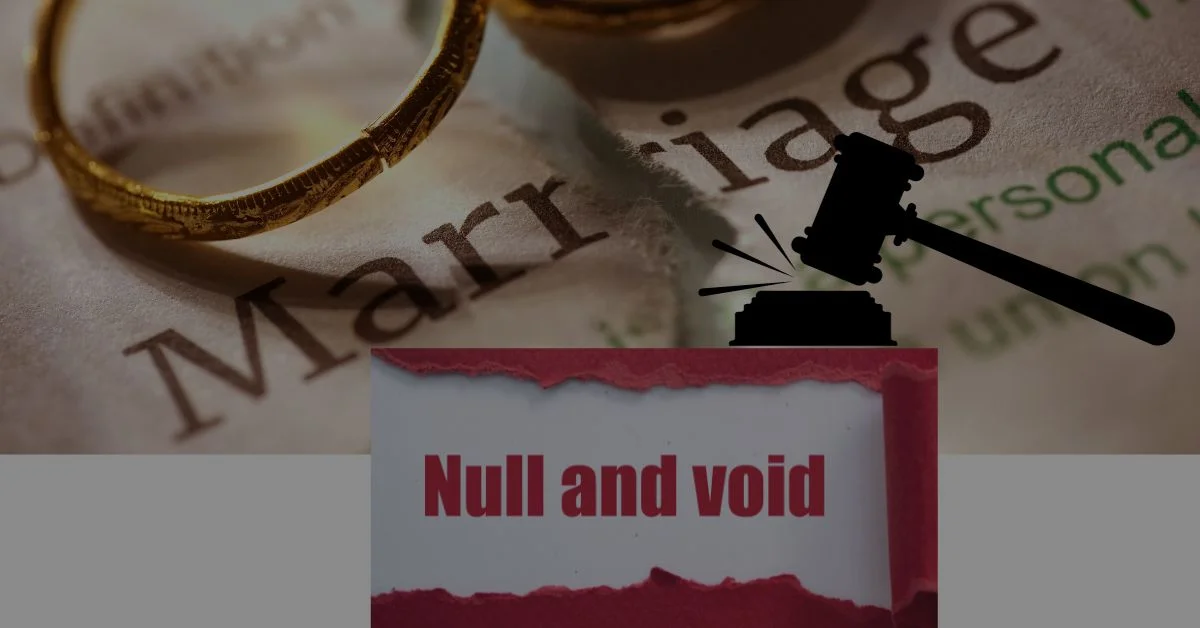The Madhya Pradesh High Court, consisting of Hon’ble Shri Justice Sheel Nagu and Hon’ble Shri Justice Amar Nath (Kesharwani), delivered a noteworthy judgment that affects the lives of the Husband and Wife.
This judgment pertains to First Appeal No. 1003 of 2019, filed by the Husband, and First Appeal No. 1405 of 2019, filed by the Wife. Both appeals stemmed from the same impugned judgment, leading to a consolidated decision.
These appeals were filed under Section 28 of the Hindu Marriage Act, 1955,challenging the judgment dated 05/04/2019 passed by II Additional District Judge, Khurai, District Sagar (M.P.) in RCS HM No. 100060A/2015.
In F.A. No. 1003/2019, the Husband sought judicial separation on grounds of cruelty, while in F.A. No. 1405/2019, the Wife challenged the same impugned judgment. She contended that the trial court had failed to consider her desire to live with her Husband.
The court carefully examined the evidence and arguments presented by both parties. It was revealed that the Husband had filed a petition under Section 10 of the Act of 1955 for judicial separation due to cruelty. The trial court, after assessing the evidence, had ruled in favor of judicial separation for seven years, directing the Husband to pay maintenance to his Wife and son during this period.
The Husband appealed the judgment, challenging the court’s authority to grant judicial separation for a specific period and the maintenance order. The Wife, in her appeal, contested the judicial separation order, asserting her willingness to live with her Husband.
The High Court upheld the judgment regarding judicial separation but ruled that the court had no legal basis to specify a seven-year separation period under Section 10 of the Act of 1955.
Regarding maintenance, the court noted that as the marriage was still intact and a divorce petition was pending, it was the Husband’s moral duty to support his Wife and son. The Wife was given the opportunity to seek interim maintenance and permanent alimony through an application within 30 days.
In conclusion, the Madhya Pradesh High Court’s judgment clarified the legal aspects of judicial separation and maintenance under the Hindu Marriage Act, 1955. While reaffirming the granting of judicial separation, it emphasized that the Act does not empower the court to prescribe a specific separation duration. The ruling also underscored the Husband’s moral obligation to provide for his family while the divorce proceedings continue. This verdict holds significance in defining the legal framework for such cases in the future.



